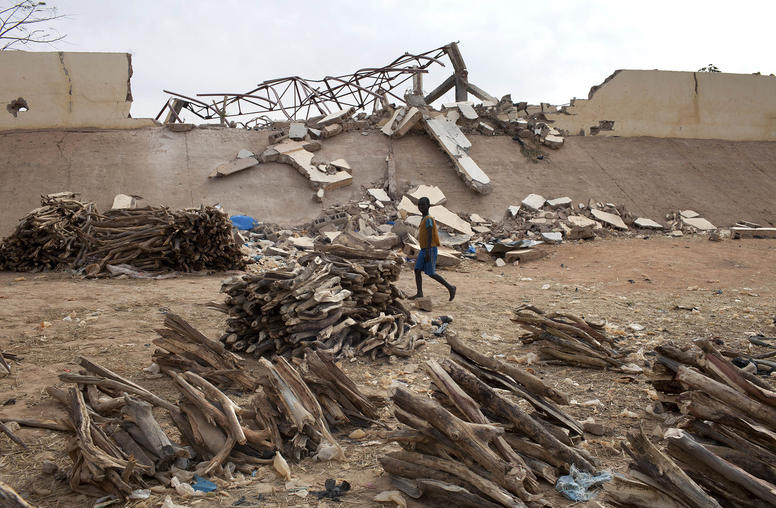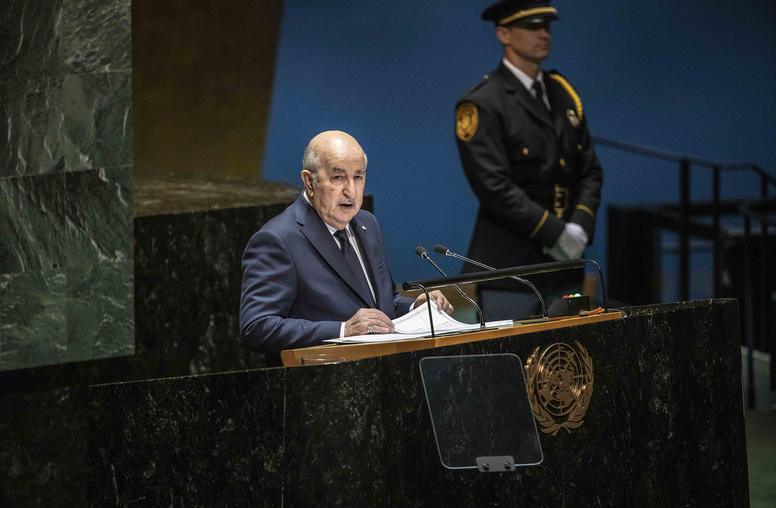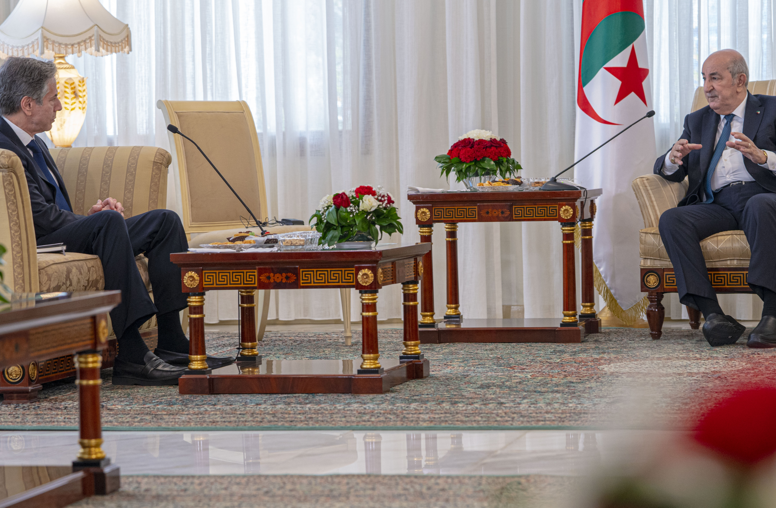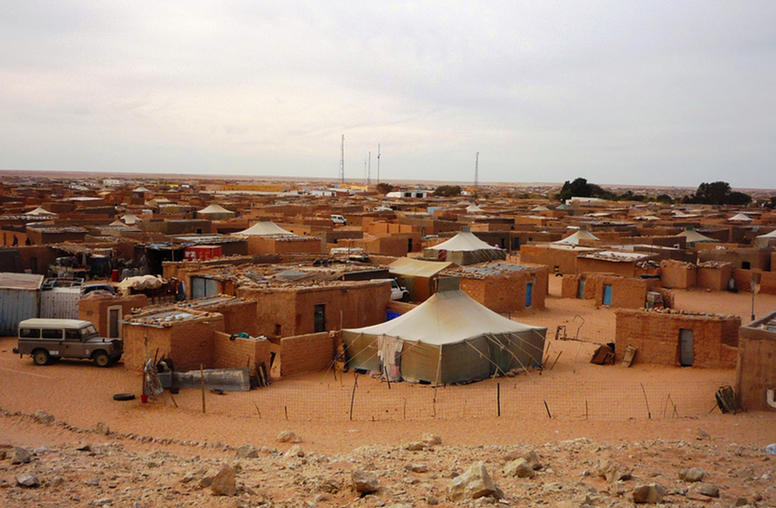Western Sahara: The Failure of "Negotiations without Preconditions"
The ongoing effort to use negotiations without preconditions to resolve the conflict between Morocco and the Polisario Front over Western Sahara has not produced results. The April 6, 2010 report of the United Nations secretary-general to the U.N. Security Council admits that there has been no movement on the core substantive issues.
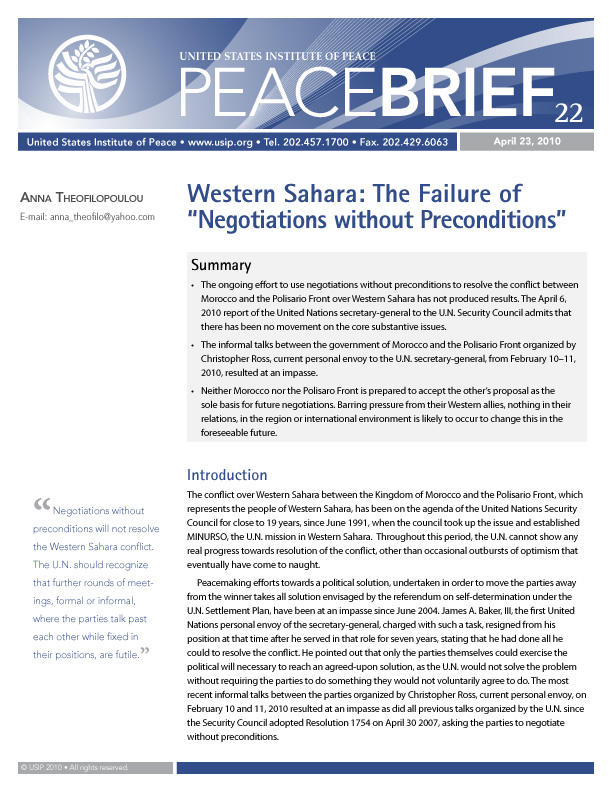
Summary
- The ongoing effort to use negotiations without preconditions to resolve the conflict between Morocco and the Polisario Front over Western Sahara has not produced results. The April 6, 2010 report of the United Nations secretary-general to the U.N. Security Council admits that there has been no movement on the core substantive issues.
- The informal talks between the government of Morocco and the Polisario Front organized by Christopher Ross, current personal envoy to the U.N. secretary-general, from February 10-11, 2010, resulted at an impasse.
- Neither Morocco nor the Polisaro Front is prepared to accept the other’s proposal as the sole basis for future negotiations. Barring pressure from their Western allies, nothing in their relations, in the region or international environment is likely to occur to change this in the foreseeable future.
About This Brief
This Peace Brief provides an analysis of why the United Nations strategy of urging the parties to negotiate without preconditions has stalled efforts to resolve the conflict over Western Sahara, Morocco and the Polisario Front. Anna Theofilopoulou, a former U.N. official and a member of James Baker’s negotiating team, has covered the conflict from 1994 to 2006. This Peace Brief has been sponsored by Dorina Bekoe, senior research associate in the Center for Conflict Analysis and Prevention at the U.S. Institute of Peace. It is part of a series of papers on the developments in Western Sahara.
